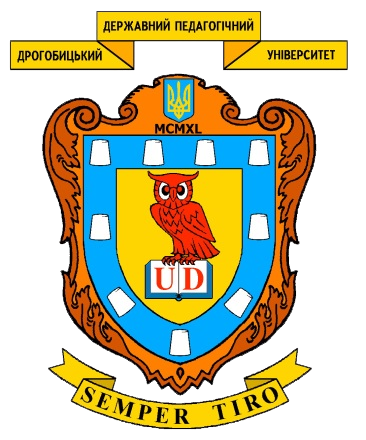MOTIVATION OF SELF-ATTITUDE OF ELDERLY PEOPLE INVOLVED IN ORGANIZED LEARNING
Keywords:
self-attitude, motivation, late maturity, learning.Abstract
The article focuses on motivational factors of formation of cognitive, emotional and conative components of self-attitude in elderly people involved in organized learning. The participants of the research are 52 elderly persons (average age – 65 years), out of them 26 people have been involved in organized learning during two years on average, 26 people have not been involved. Self-attitude modalities based on methodologies by V.V. Stolin and S.R. Pantyleev and motivational factors based on methodology of personality motivational structure by V.Ye. Mil’man have been measured. The research shows that motivational factors first of all reveal determination of internal action of an elderly person. Irrespective of the involvement in organized learning it is necessary to stimulate motives of communication, creativity and social activity to ensure successful formation of internal action determination in elderly people. Peculiarities of self-attitude motivation in elderly people, involved in organized learning, are related to conative component of self-attitude which is motivated by comfort (spiritual and physical) and general activity of a person. Motive of achieving higher social status plays a more important role than in their peers. Cognitive component of self-attitude in people who study is influenced by the motives of communication, creativity and comfort. With people who are not involved in organized learning such motivational factors as communication motive and motive of real motivation related to general life form an emotional component of self-attitude.
References
Анцыферова Л.И. Психология старости : особенности развития личности в период поздней взрослости / Л.И. Анцыферова // Психологический журнал. – 2001. – Т. 22. – № 3. – С. 86 – 99.
Ермолаева М.В. Психолого-педагогическое сопровождение пожилого человека : субъектный подход : автореф. дис. ... д-ра психол. наук : 19.00.07 / М.В. Ермолаева. – М., 2010. – 53 с.
Крапивина О.В. Особенности самоотношения у женщин, переживающих кризис пожилого возраста / О.В. Крапивина // Вестник Тамбовского университета. Серия: Естественные и технические науки. – 2011. – Т. 16. – Вып. 1. – С. 389 – 390.
Краснова О.В. Социальная психология старения : учеб. пособие / О.В. Краснова, А.Г. Лидерс. – М. : Академия, 2002. – 288 с.
Лидерс А.Г. Кризис пожилого возраста: гипотеза о его психологическом содержании / А.Г. Лидерс // Психология зрелости и старения. – 2000. – № 2. – С. 6 – 11.
Минигалиева М.Р. Личностные типы и социальные контакты людей позднего возраста / М.Р. Минигалиева // Психология зрелости и старения. – 2000. – № 2. – С. 75 – 88.
Петрова Н.Н. Психосоциальная адаптация в кризисном возрастном периоде / Н.Н. Петрова // Журнал прикладной психологии. – 1999. – № 4. – С. 17 – 20.
Рыжов Б.Н. Системная периодизация развития / Б.М. Рыжов // Системная психология и социология. – 2012. – № 5 (1). – С. 5 – 25. 9. Сарджвеладзе Н.И. Личность и ее взаимодействие с социальной средой / Н.И. Сарджвеладзе. – Тбилиси : «Мецниереба», 1989. – 204 с.
Столин В.В. Самосознание личности / В.В. Столин. – М. : Изд-во МГУ, 1983. – 288 с.







